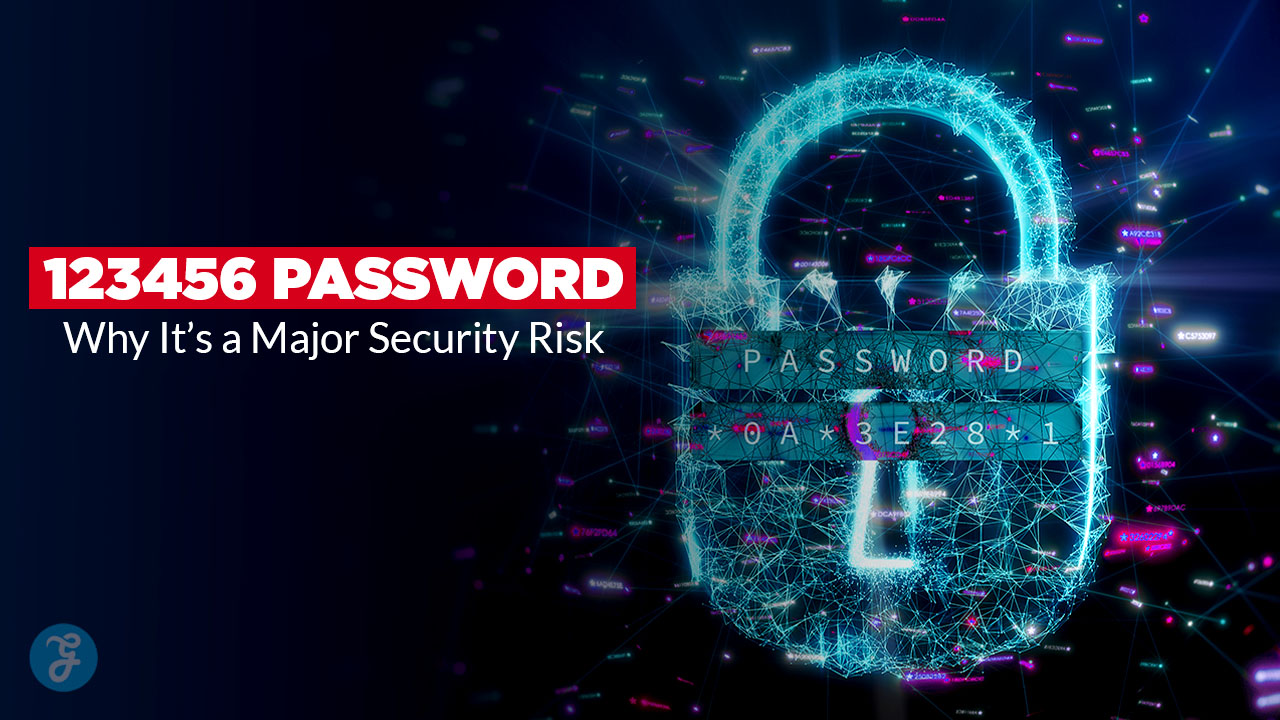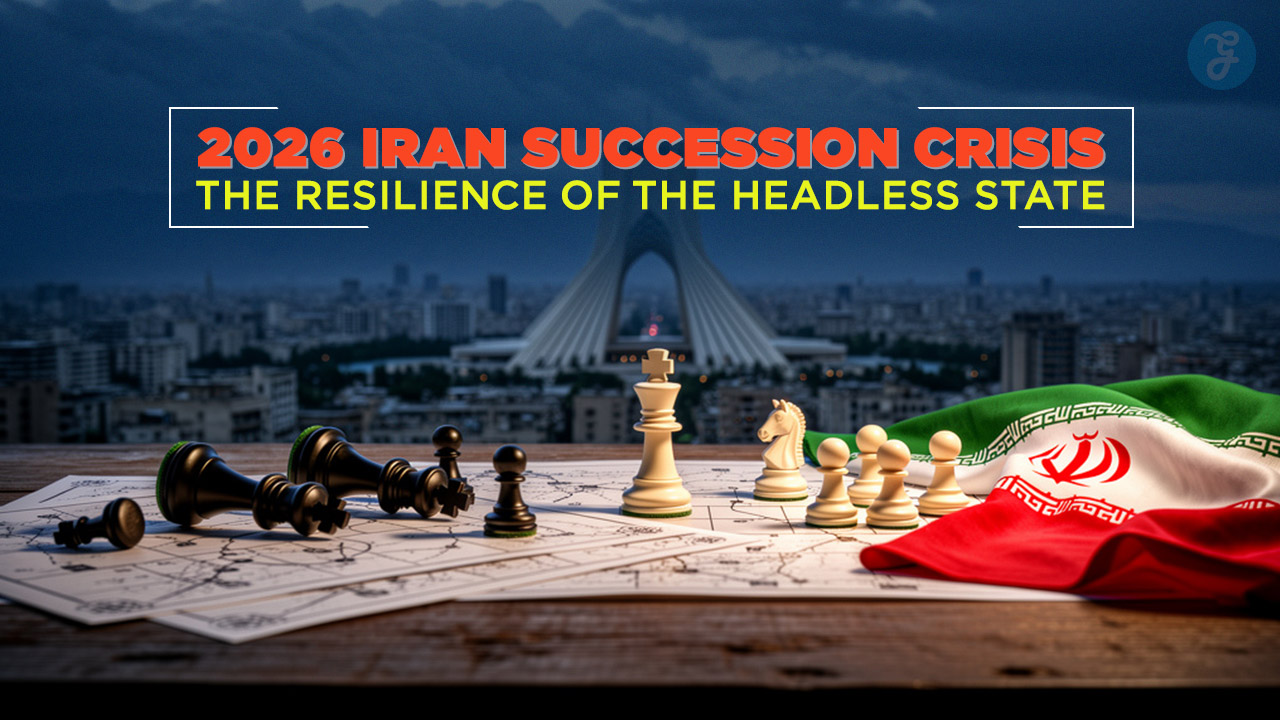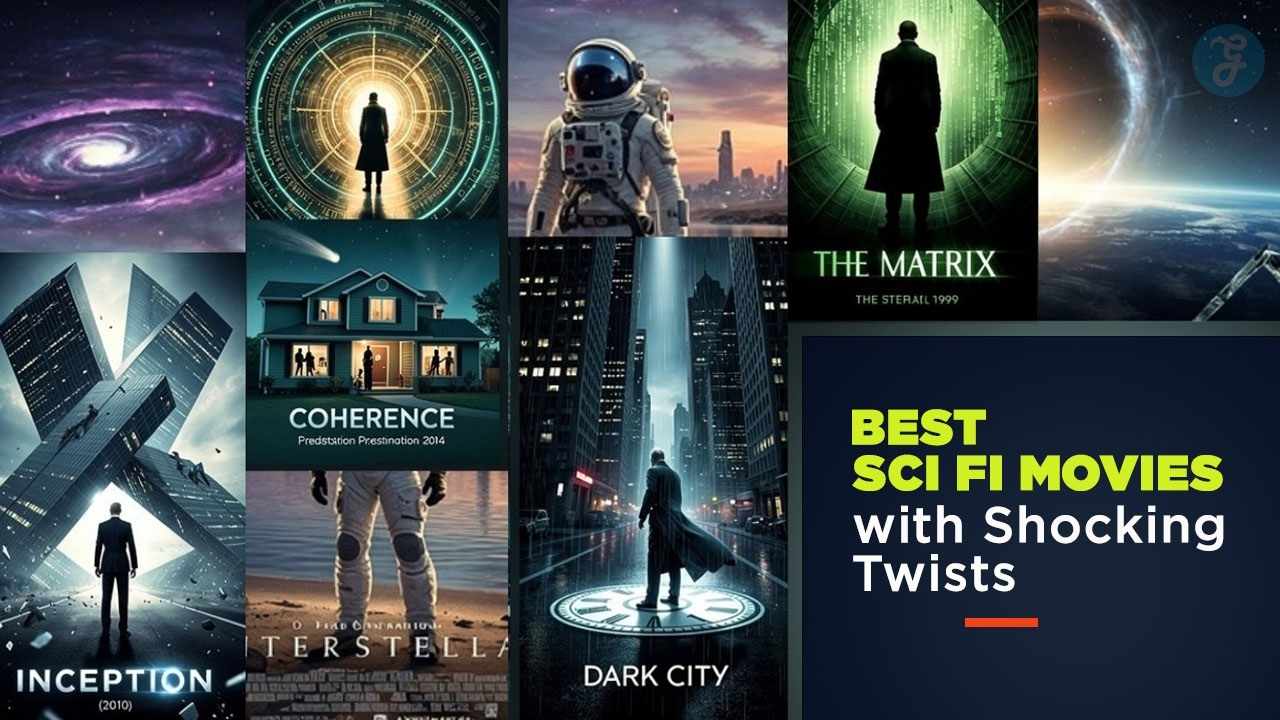Popular Articles
Goodbye 123456: Why Your Password Is Your Greatest Security Risk
We are voluntarily locking our most valuable digital assets behind a screen door with a broken latch. We expect a...
Ranking For “Best X For Y” Keywords In 2026: Elevate Your Strategy!
You want your website to show up first when people search for “Best X For Y.” Maybe you have great...
The 2026 Iran Succession Crisis: Why Survival Strategy Matters More Than Defeat
The ruins of the leadership compound in northern Tehran still smoulder. Yet the administrative gears of the country have not...
History and Mythology of Dol Yatra: Legends Behind the Festival
The arrival of spring brings a massive shift in cultural activities across the Indian subcontinent. People step out of the...
Top 6 Sci-Fi Movies With Mind-Bending Twists You’ll Love! Prepare for Surprises!
You know that feeling when a movie completely messes with your head? I absolutely love it. But finding a good...
The “Flipped Classroom” Model: Pros and Cons [Is It Right for You?]
Ever sit in a class, listen to a lecture for an hour, and then realize you didn’t actually absorb a...
Latest Articles
Goodbye 123456: Why Your Password Is Your Greatest Security Risk
We are voluntarily locking our most valuable digital assets behind a screen door with a broken latch. We expect a...
Ranking For “Best X For Y” Keywords In 2026: Elevate Your Strategy!
You want your website to show up first when people search for “Best X For Y.” Maybe you have great...
The 2026 Iran Succession Crisis: Why Survival Strategy Matters More Than Defeat
The ruins of the leadership compound in northern Tehran still smoulder. Yet the administrative gears of the country have not...
Rewilding Projects: Bringing Nature Back to Europe
Have you ever walked through a city park and wished for something more than manicured lawns—perhaps wild animals, free-flowing rivers,...
The “Iyashikei” (Healing) Anime Genre: Why We Need It
Life has a way of piling up, doesn’t it? Between the constant ping of notifications and the rush to get...
The Forgotten Front: Why the Pakistan-Afghanistan War is the Real Wildcard for Iran
The Pakistan Afghanistan war 2026 impact on Iran is rapidly emerging as the most critical and underreported geopolitical crisis of...













